What is Docker?
Docker is an open-source platform that automates the deployment, scaling, and management of applications within lightweight, portable containers, enhancing efficiency and consistency across different environments.
What is Docker used for?

Docker is a platform that enables developers to automate the deployment of applications within lightweight, portable containers, ensuring consistency across various environments.
What is the difference between Docker and a virtual machine?
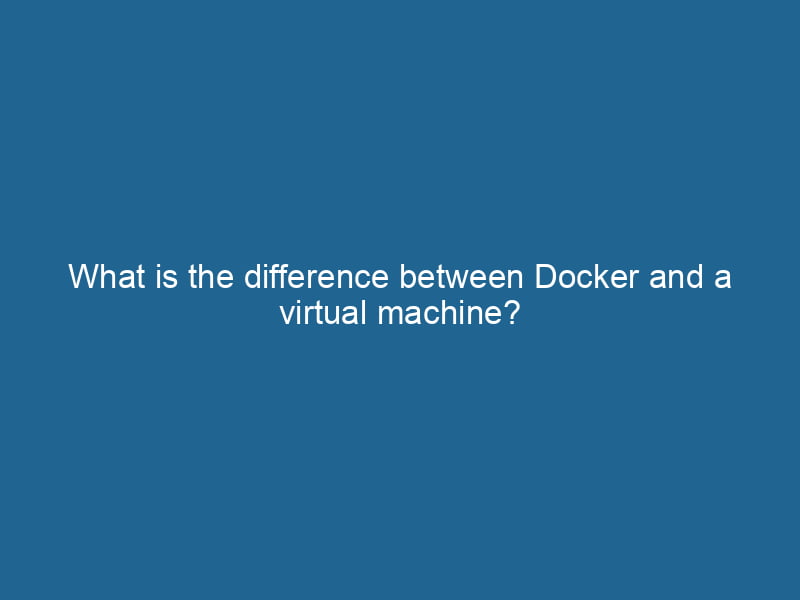
Docker uses containerization to run applications in isolated environments, sharing the host OS, while virtual machines emulate entire systems with separate operating systems.
What is a container in Docker?
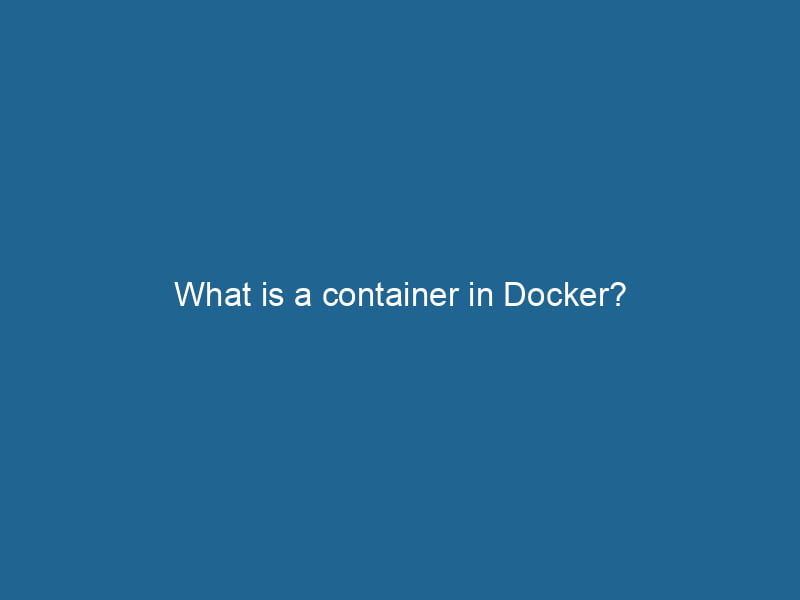
A container in Docker is a lightweight, standalone executable package that includes everything needed to run a piece of software, including the code, runtime, libraries, and system tools.
What is an image in Docker?

A Docker image is a lightweight, standalone, executable package that includes everything needed to run a piece of software, including the code, libraries, and system tools.
What is Docker Hub?
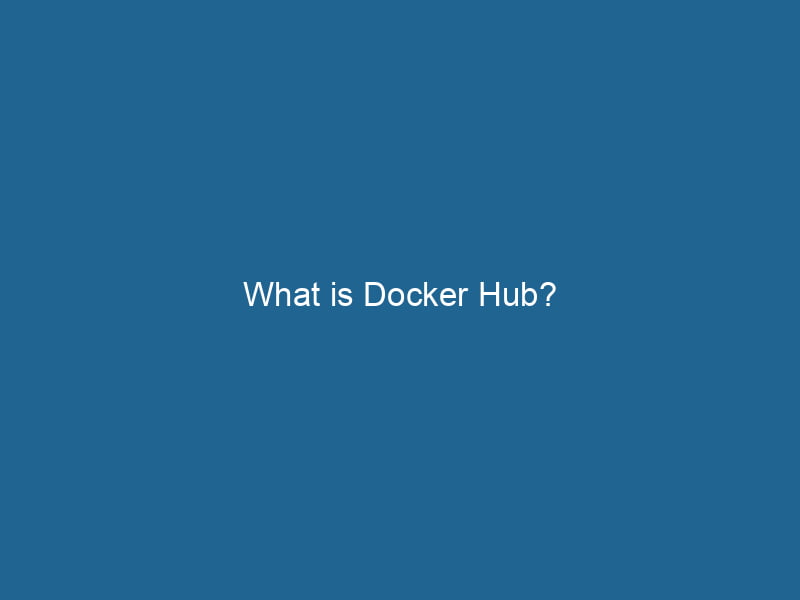
Docker Hub is a cloud-based registry service for storing and sharing Docker images. It enables developers to collaborate, manage image versions, and streamline application deployment.
What is a Dockerfile?
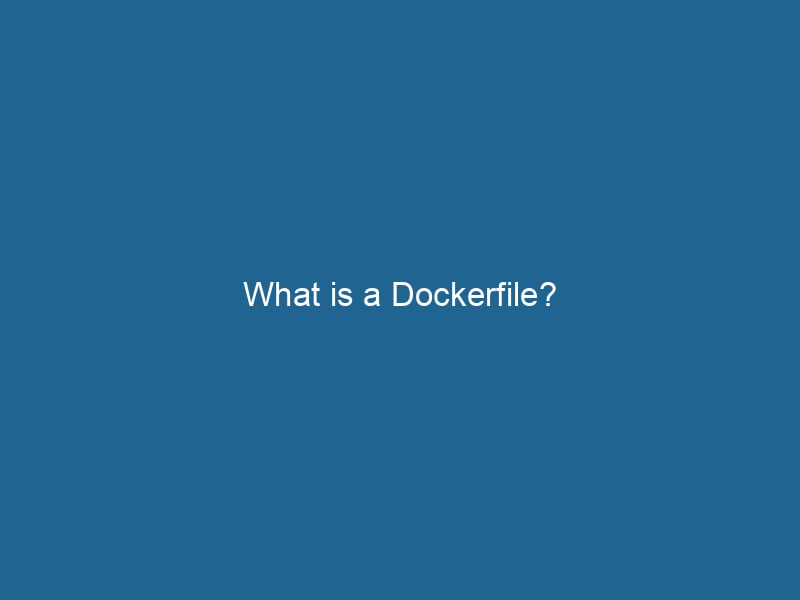
A Dockerfile is a text file that contains instructions for building Docker images. It defines the environment, dependencies, and configuration needed to create a containerized application.
What is docker-compose?
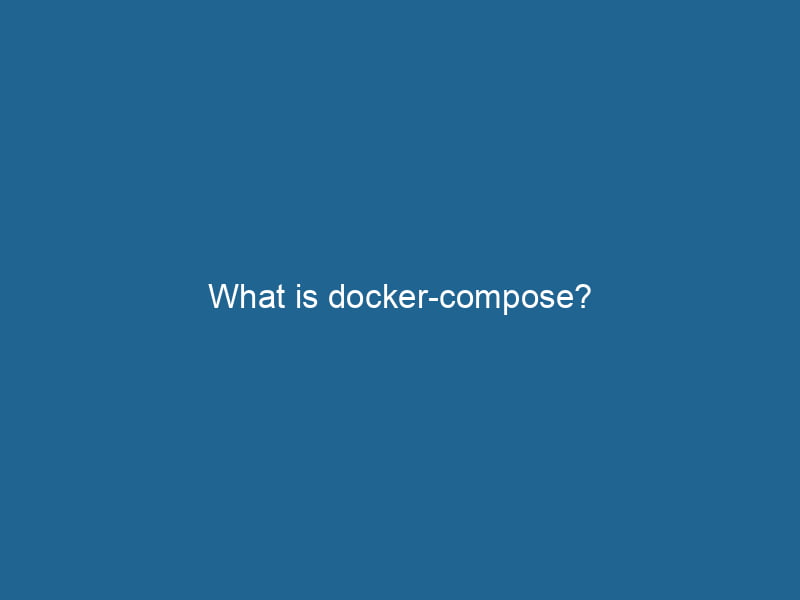
Docker Compose is a tool for defining and managing multi-container Docker applications. It allows developers to configure services, networks, and volumes using a simple YAML file.
What is a service in Docker?
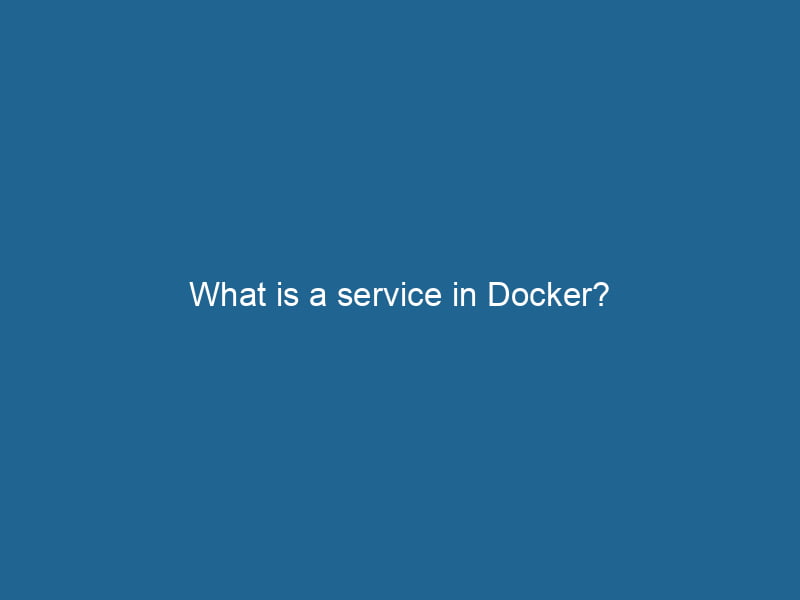
In Docker, a service is a way to define and manage a group of container instances that work together to perform a specific function, ensuring scalability and reliability.
What is container orchestration?

Container orchestration automates the deployment, scaling, and management of containerized applications. It streamlines operations, enhancing efficiency and ensuring reliability in cloud environments.
